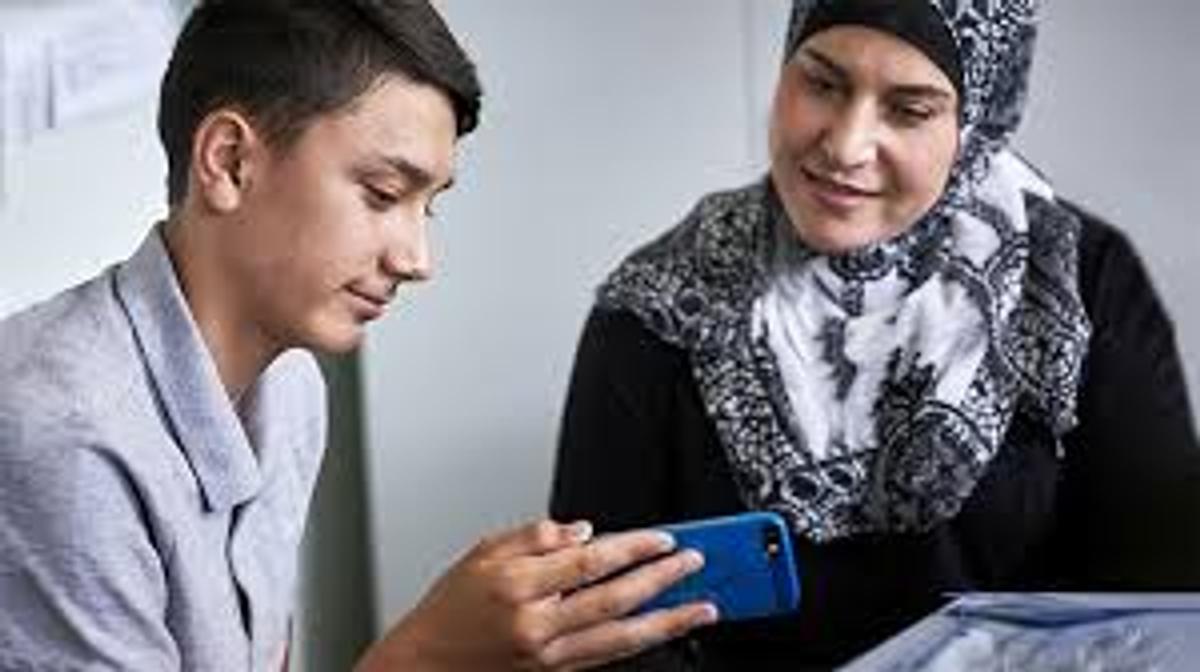Healthy Habits

Online safety basics for parents
Each week we will share some online safety tips for parents.
Teenagers can spend a lot of time online — instant messaging, sharing photos and videos, playing online games and using online chat and voice chat through social media services can be a big part of their social identity. Our students are now spending time on Microsoft Teams as a platform, so it is important that they understand how to safely and respectfully interact with their peers and teachers online in this forum. Further information on how to use Microsoft Teams can be found here.
It can be a great experience but there are risks. You can help equip them with the skills to manage these risks and deal with negative situations.
For teenagers, it is important to:
- Keep things open. Have an ‘open door’ policy when devices are used in bedrooms, and check in with them regularly to see what they are viewing.
- Stay engaged. Ask about their online experiences, who they are talking to online and whether they are having any issues.
- Reinforce the importance of protecting their personal information and privacy. Remind them to create screen names or IDs that do not indicate gender, age, name or location and are not sexually suggestive.
- Equip them to use social media responsibly. Terms of use for each service cover the rules for using the site, the type of content that can be posted and any age requirements. Go through these with your child to make sure they understand what is expected of them.
- Explain that linking social media accounts can make it easier for strangers to learn about them, so it is best to keep accounts separate.
- Encourage them to think before they post. They should ask questions like: Who might see this? Could it be misread by others? Am I creating the right image for myself socially and for school and work opportunities?
- Keep building self-respect, empathy and resilience. In particular, be aware of the impact of social media on self-esteem. See good habits start young.
- Help them understand online risks and what to do about them by exploring the young people section of this site.
I


